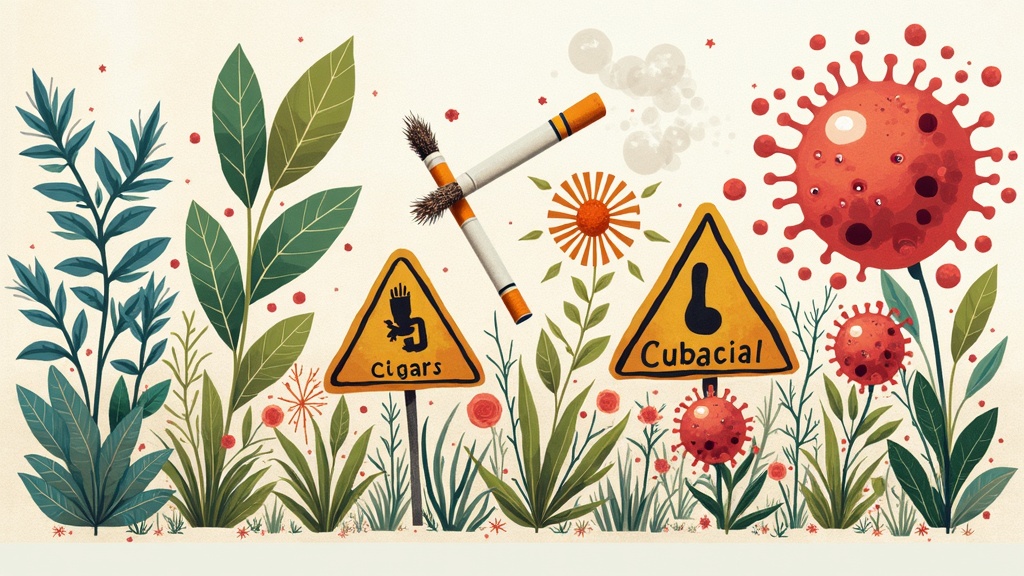PTSD and Resilience in Addiction
Living with PTSD and addiction can feel like fighting two battles at once—one in your mind and one in your body. The constant waves of anxiety, flashbacks, or emotional numbness can drive a person to seek relief in substances, creating a cycle that’s hard to break. However, emotional resilience—the ability to adapt, heal, and move … Read more









